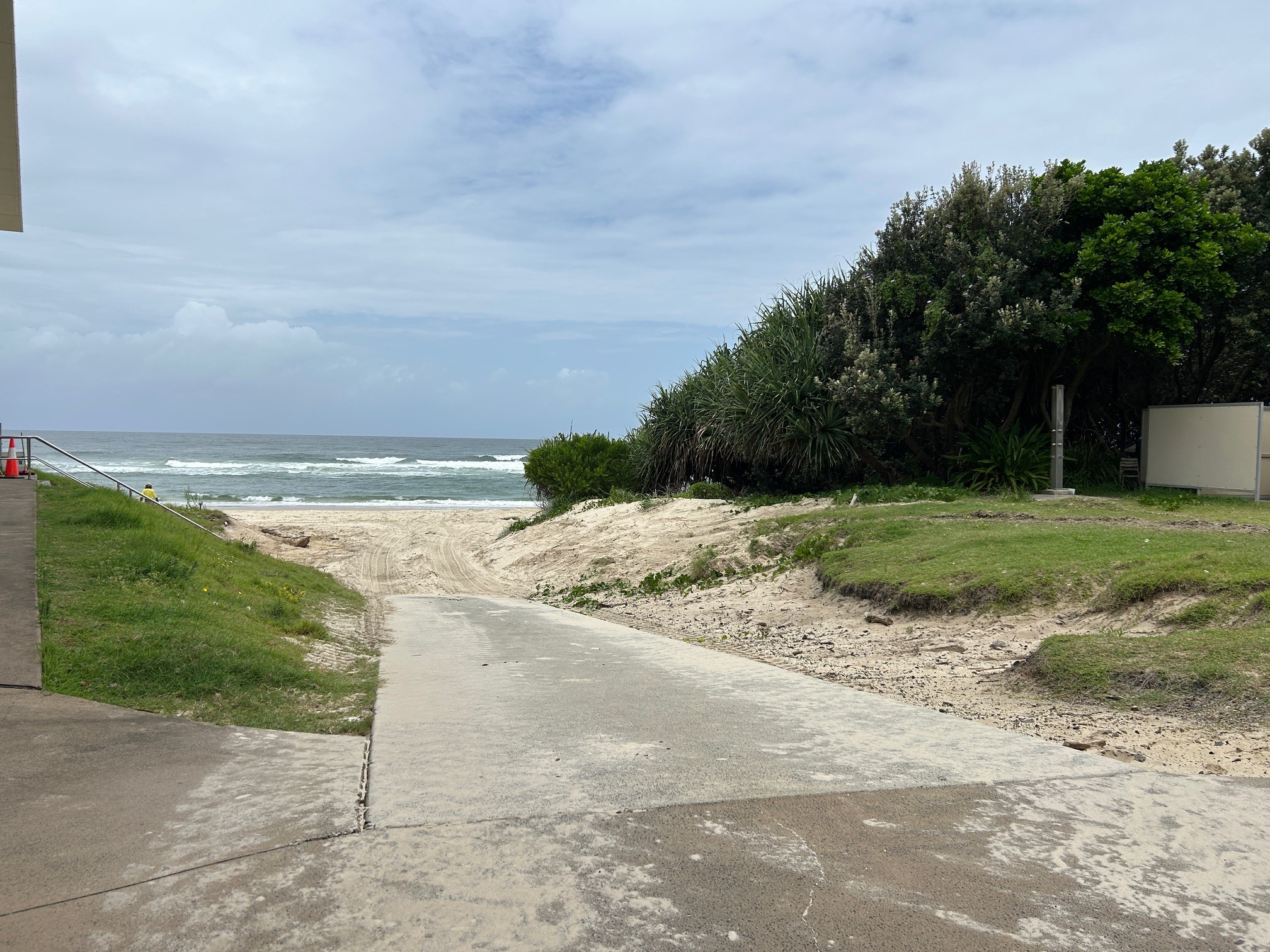The war in Gaza will remain a priority focus for the Security Council in February, its President for the month said at a Headquarters press conference today, adding that it will hold meetings on the situations in Ukraine and Myanmar.
Carolyn Rodrigues-Birkett (Guyana) said that the Council will organize a high-level open debate to examine the dynamic relationship between climate change, food insecurity and conflicts within the context of maintaining international peace and security.
The meeting – scheduled on 13 February – will be chaired by the President of Guyana, Mohamed Irfaan Ali, also featuring remarks by United Nations Secretary-General António Guterres; Executive Secretary of the UN Framework Convention on Climate Change (UNFCCC) Simon Stiell; Deputy Director-General of the Food and Agricultural Organization (FAO) Beth Bechdol; and a civil society representative.
There will be 16 mandated meetings, including on United Nations missions in Iraq, Somalia, Libya, the Central African Republic, Syria, Yemen and Afghanistan. Briefings on the situation in the Middle East are scheduled for 14, 22 and 27 February. On 15 February, the Council will hold an annual briefing on threats to international peace and security posed by terrorist acts of Islamic State in Iraq and the Levant (ISIL/Da’esh).
On 12 February, the Council is scheduled to renew the mandate of the Panel of Experts assisting the Security Council Committee established pursuant to resolution 1591 (2005) concerning the Sudan, she said. The Council will also undertake a field visit to Colombia within the context of resolution 2704 (2023).
Guyana will promote enhanced transparency, efficiency, effectiveness, and inclusiveness in the Council’s work and commit to adopting a consensus-building approach in full collaboration with all its members, she said. It will also seek to include a gender perspective in meetings.
Asked about a draft resolution on a ceasefire in Gaza prepared by Algeria, she said that it is being discussed and she intends to adopt a constructive approach to the resolution. Guyana has called for a ceasefire and will continue to do so. “We believe that we should not wait another day for that,” she said, expressing hope for the adoption of that resolution. Asked about an attack against a United States base in Jordan, she said that Guyana is concerned about regional spillovers.
Asked about a report that Israel has agreed to a ceasefire proposal, she said that she does not have that information. There is a draft resolution being discussed and “we will see how that will progress in light of this new information that you just provided”, she said.
Responding to a correspondent who pointed out that implementation of the two resolutions on Gaza adopted by the Council is not happening, she said – in her national capacity – that “those two resolutions cannot be fully implemented – and also the provisional measures of the International Court of Justice – unless there’s a ceasefire.”
On Ukraine, she said that the date for the meeting is being finalized, but she does not foresee any outcome document at this moment to mark the second anniversary of the Russian invasion.
On Myanmar, she said that the Council will hear a report from the special envoy of the Association of Southeast Asian Nations (ASEAN).
Responding to a question about a delay in deploying the Multinational Support Force in Haiti due to a decision by the Nairobi High Court in Kenya, she said that the Council is seized of the matter, noting that Nairobi decided to appeal the court’s decision. In her national capacity, she voiced concern about the growing challenges in Haiti and the dire humanitarian situation. The Caribbean countries that have indicated their participation in the Force are the Bahamas, Antigua and Barbuda, and Jamaica, she added.
On the situation in Venezuela, she said that it is not on the Council’s agenda for February, adding – in her national capacity – that Guyana has not requested a meeting on that country.








